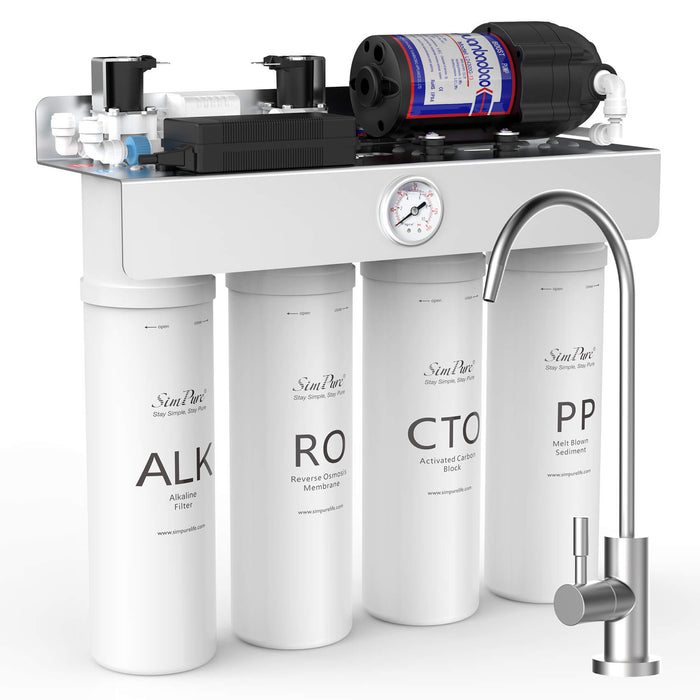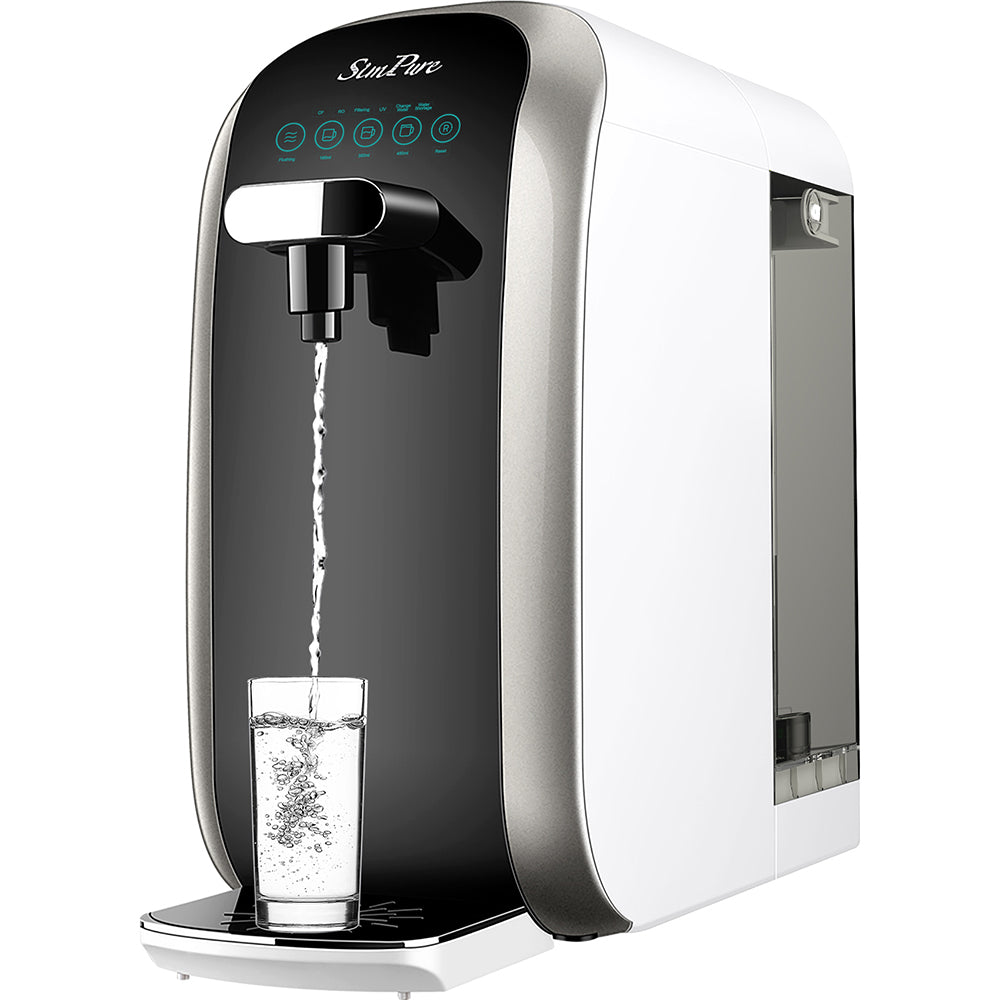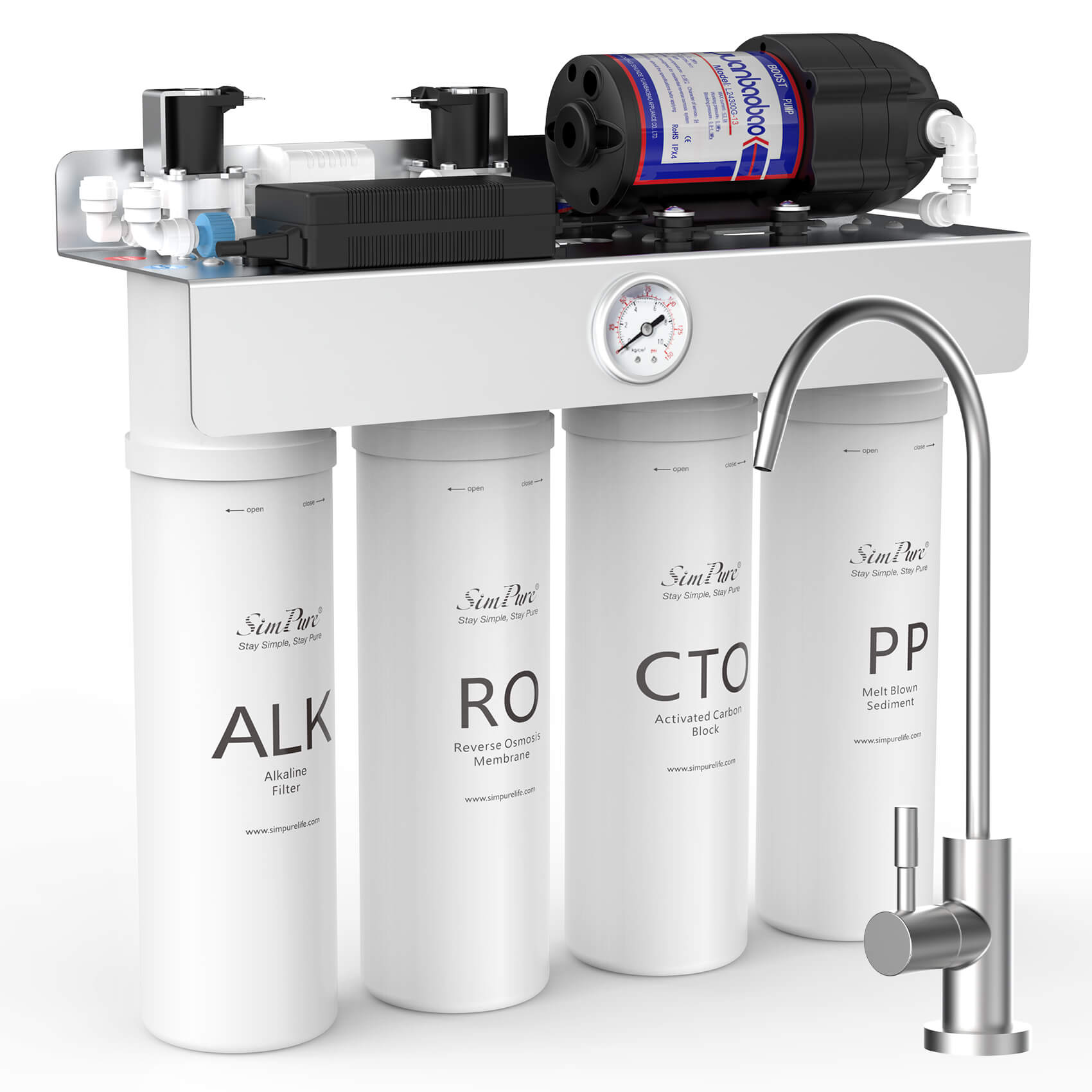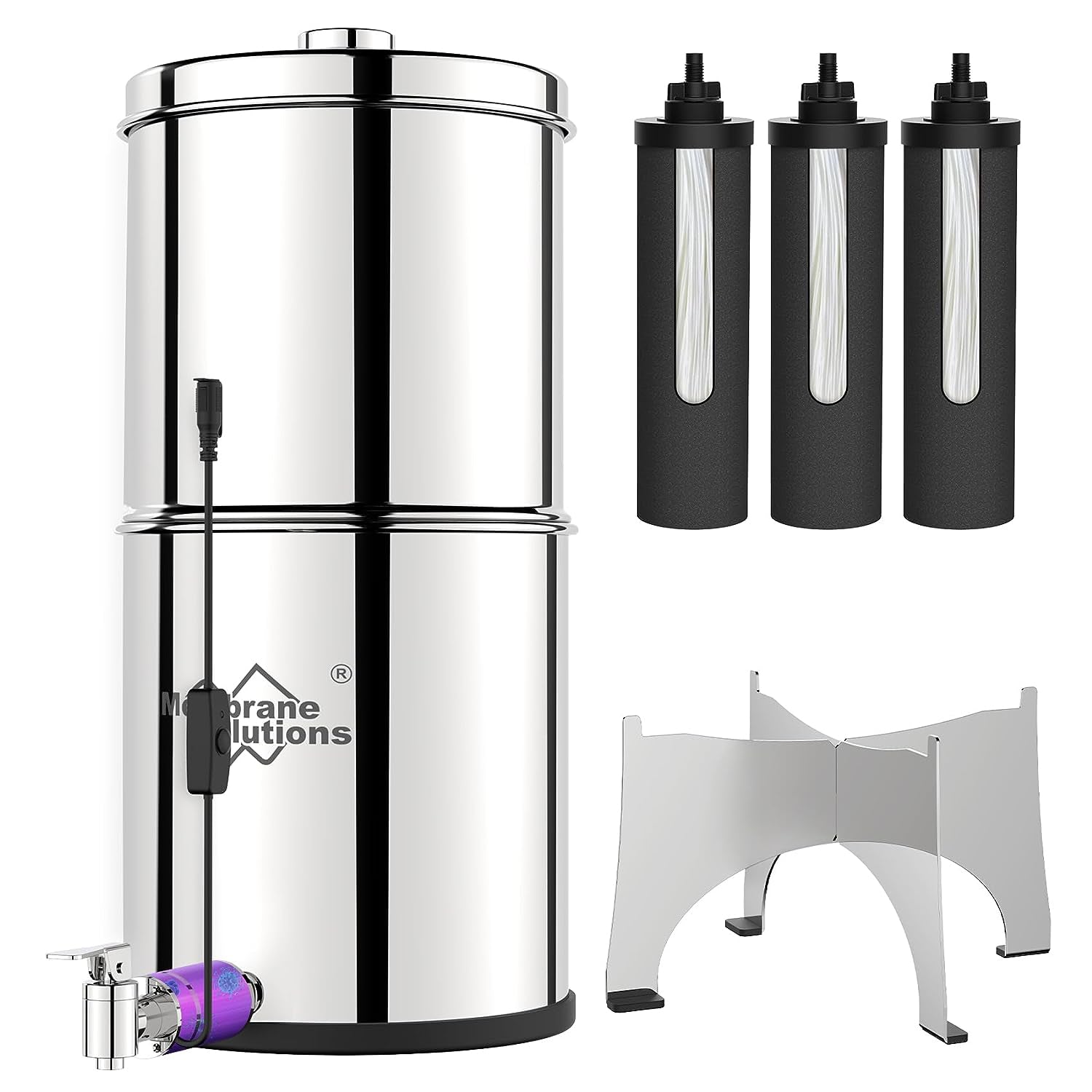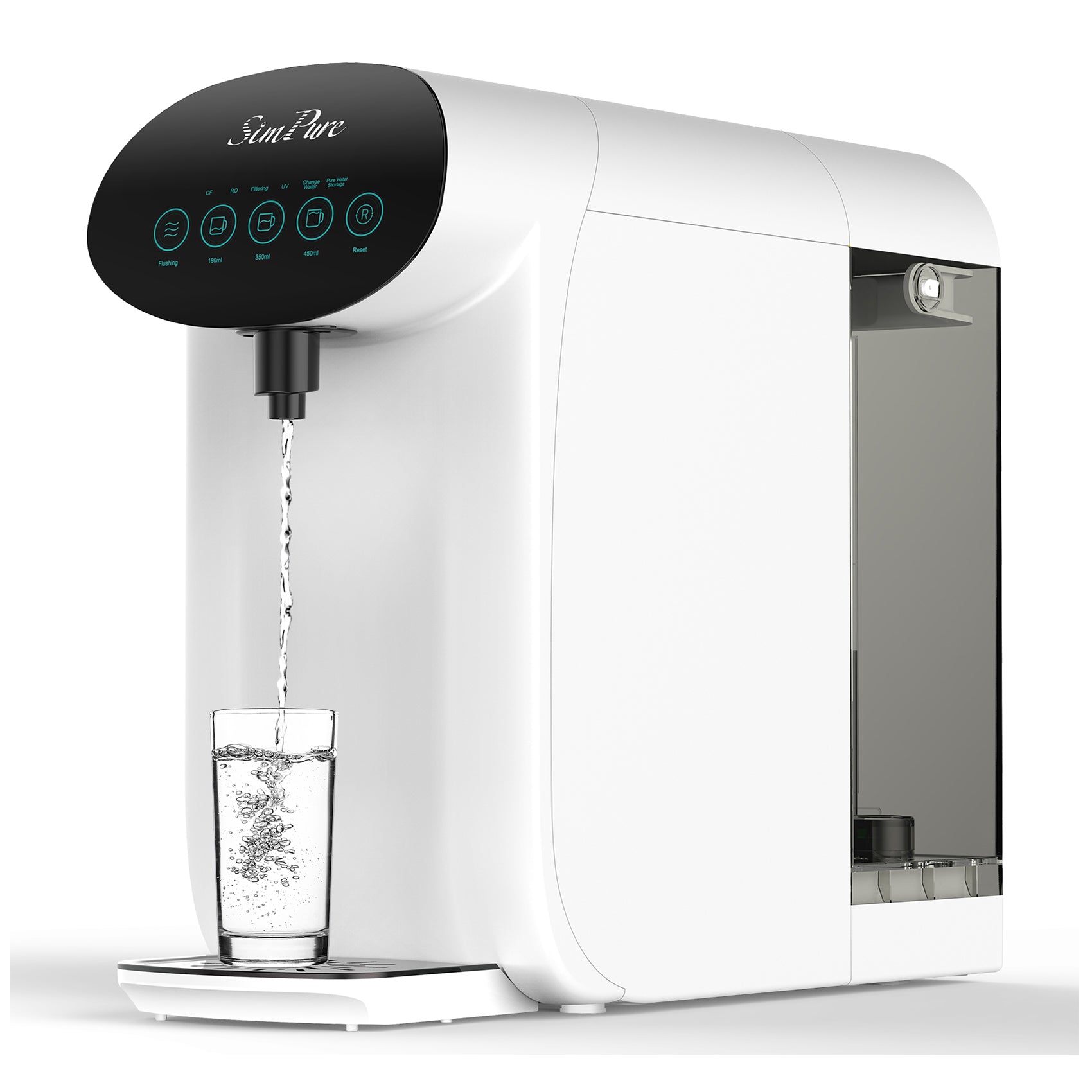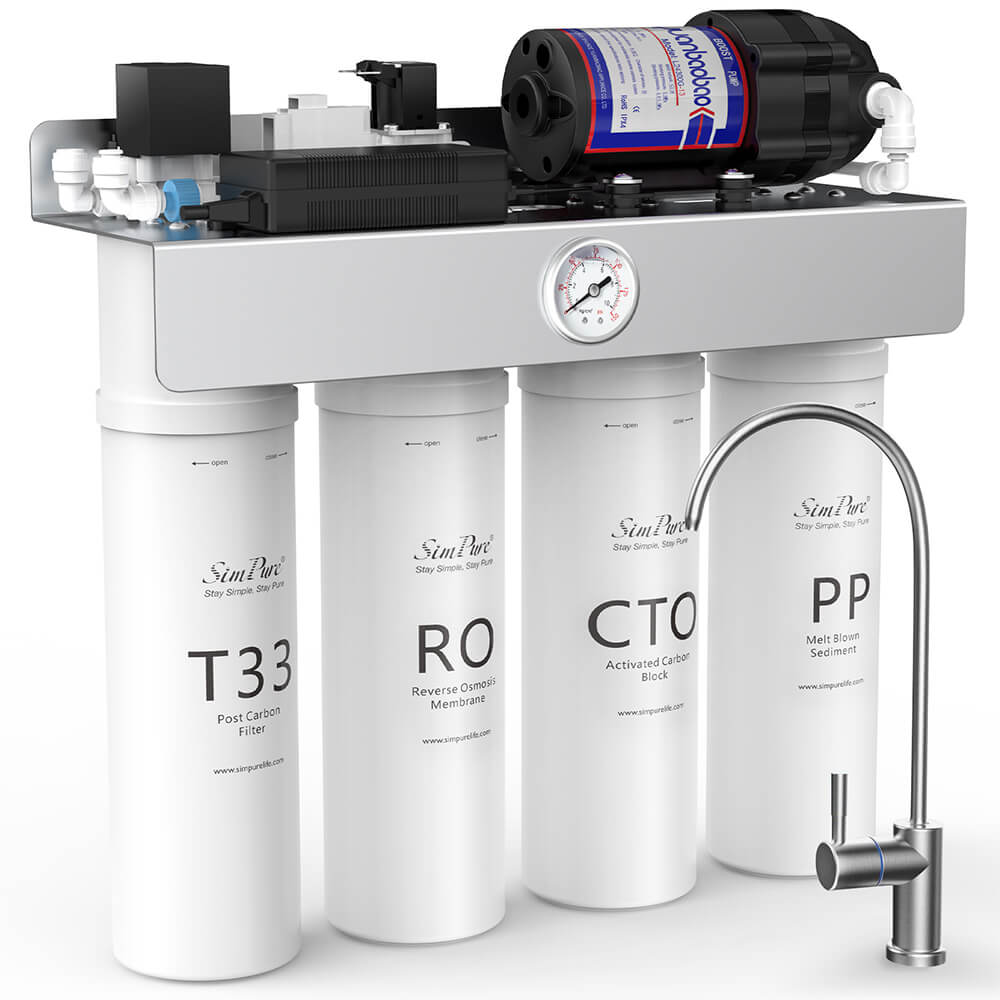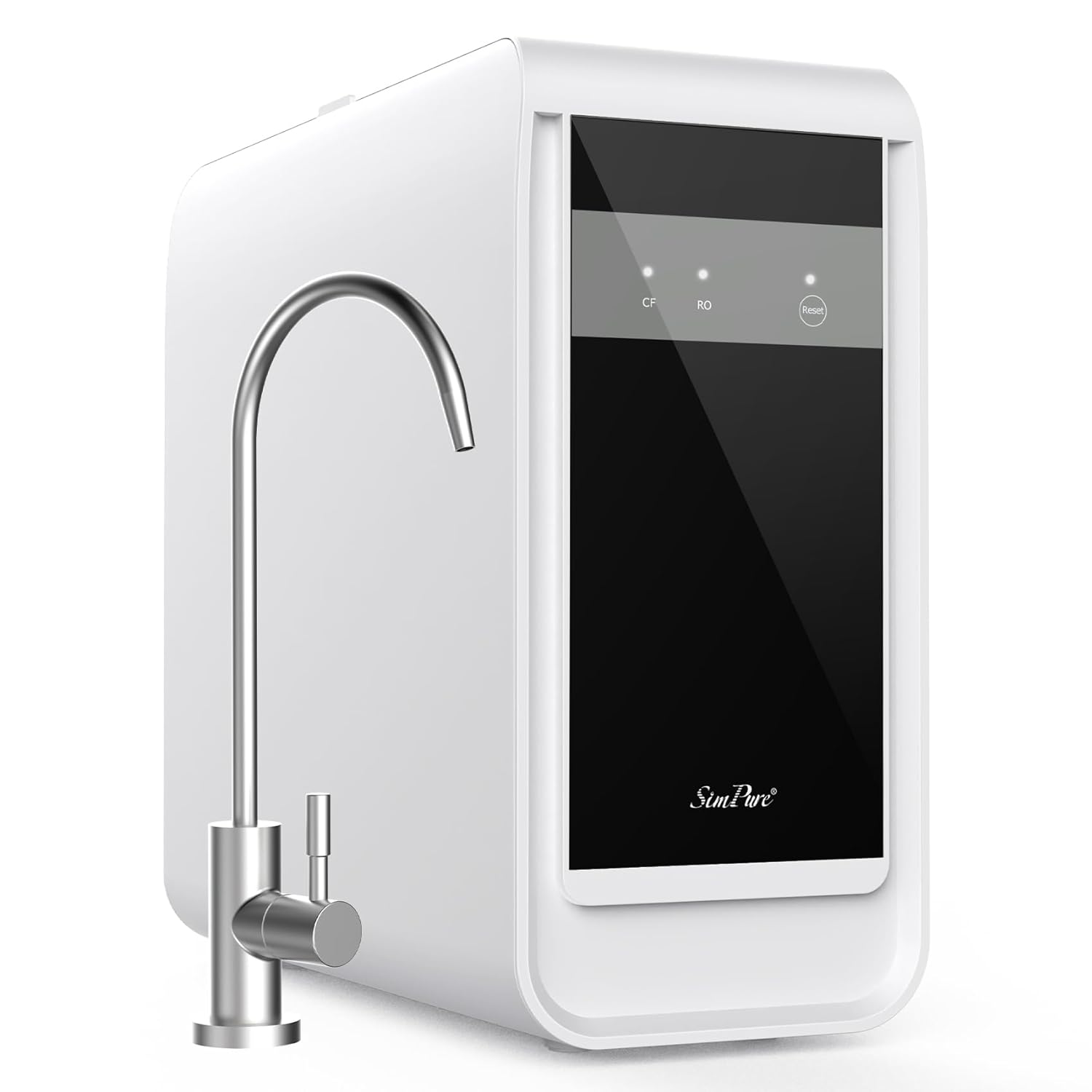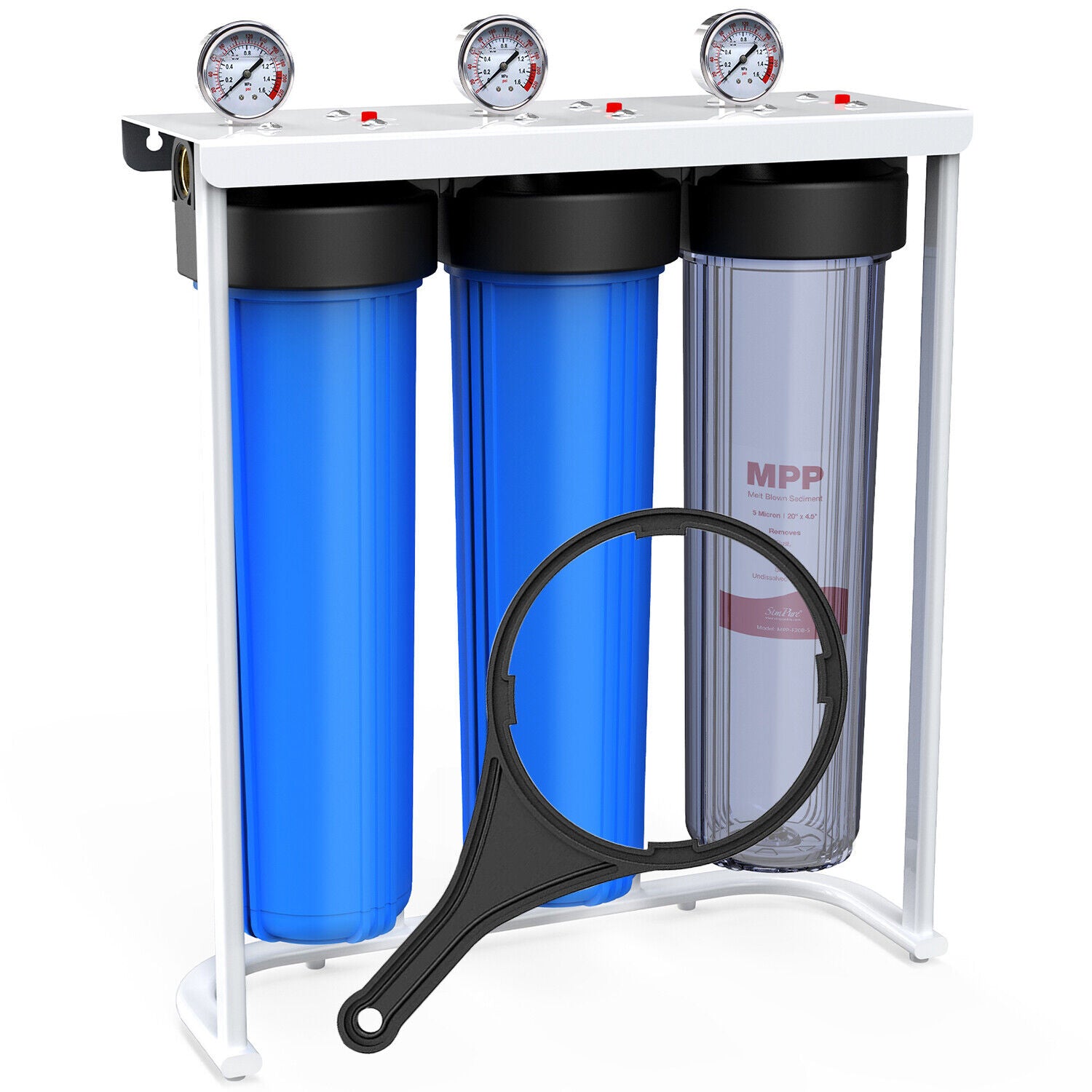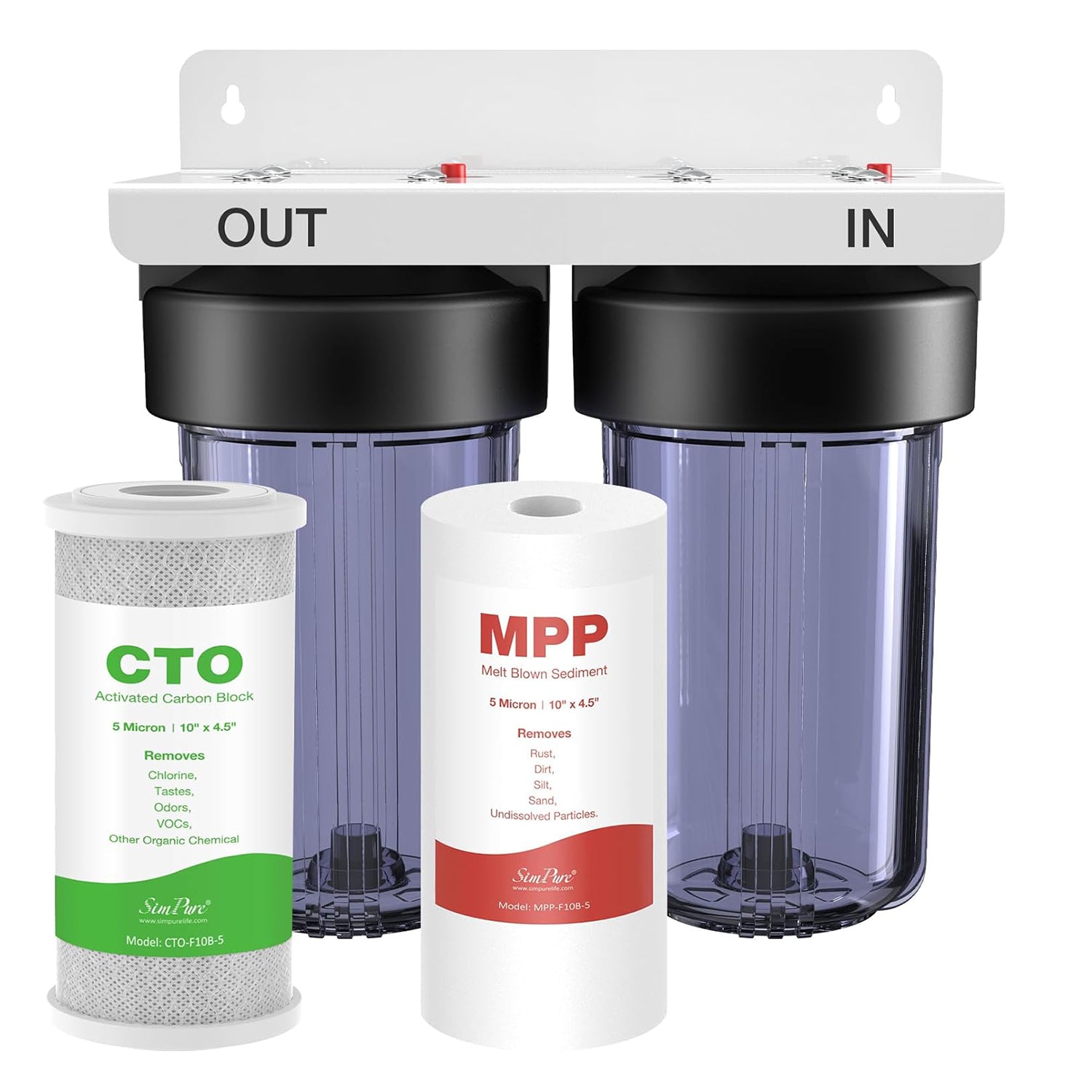Have you ever wondered if your dog can drink alkaline water? In recent years, alkaline water has surged in popularity, with many touting its potential health benefits for humans. However, as pet owners, our furry companions' well-being is a top priority. The burning question remains: Is alkaline water safe for dogs? In this comprehensive guide, we'll explore the detailed info about what's best for your canine companion!
Table of Contents
How Alkaline Water Differs From Regular Tap Water?
Can Dogs Drink Alkaline Water? Every Dogs Varies.
How Alkaline Water Differs From Regular Tap Water?
Alkaline water, often touted for its potential health benefits, distinguishes itself from regular tap water primarily through its pH level. The pH scale measures the acidity or alkalinity of a substance, ranging from 0 (highly acidic) to 14 (highly alkaline), with 7 being neutral. Regular tap water typically falls within the neutral range, around a pH of 7. In contrast, alkaline water has a higher pH level, usually above 7, sometimes reaching as high as 9 or 10. This increased alkalinity is achieved through the addition of alkaline minerals such as calcium, magnesium, and potassium.
If you already have an alkaline water filter at home, you've probably heard about the Benefits of Alkaline Water. Since typical RO (Reverse Osmosis) water purifiers filter out all impurities, including minerals, their taste may be somewhat lacking. An alkaline water filter, on the other hand, adds an alkaline filter that reintroduces essential minerals to achieve a balanced alkaline pH of 7.0 or higher. This not only incorporates beneficial elements for the human body but also enhances the overall taste. For instance, the SimPure T1-400 8-stage Alkaline Tankless Reverse Osmosis System with Remineralization offers these advantages.
The elevated pH level in alkaline water is the key differentiator. This higher alkalinity is believed to provide potential health benefits for humans. Advocates suggest that it may help neutralize excess acid in the body and reduce the oxidative stress caused by free radicals. Furthermore, some proponents claim that alkaline water can enhance hydration due to its perceived superior absorption properties. While these assertions have sparked interest, it's essential to examine whether these purported benefits extend to our canine companions and whether alkaline water is safe for their consumption.
Can Dogs Drink Alkaline Water? Every Dogs Varies.

Addressing the pressing concern of whether dogs can safely drink alkaline water requires a closer look at their unique physiology. While alkaline water has gained attention in human wellness circles, it doesn't necessarily translate to canine health. Dogs have specific requirements for their water consumption, and maintaining the right balance is essential.
A dog's digestive system is adapted to handle a certain level of acidity, making it important to consider their physiology when contemplating their water source. Alkaline water, with its elevated pH levels, may disrupt this balance and potentially lead to digestive discomfort. As a general guideline, it's recommended to provide your dog with clean, fresh water that closely aligns with their natural environment. It's always wise to adhere to the conventional wisdom of offering neutral-pH water for your canine companion; It's important to note that there is limited scientific research on the specific effects of alkaline water on dogs. Therefore, it's challenging to definitively state whether it is safe or harmful.Here we will explore the potential pros and cons of letting your dog drink alkaline water:
Potential Benefits of Alkaline Water for Dogs
Alkaline water may offer potential benefits for dogs due to its higher pH level. Some suggest that it could aid in neutralizing excess acidity within their bodies, potentially contributing to improved overall well-being. Enhanced hydration and reduced oxidative stress are also considerations, although the extent of these benefits in canines warrants further study.
Risks and Considerations
While exploring the potential benefits of alkaline water for dogs, it's crucial to be mindful of potential risks and considerations. Alkaline water, with its elevated pH levels, may not align with a dog's natural physiology, potentially leading to gastrointestinal discomfort or disruptions in their digestive processes. Dogs have specific dietary and hydration needs, and any deviation from their accustomed water source should be approached with caution.
How to Tell if a Dog Is Adapted to Alkaline Water or Not?
Determining whether your dog is adaptable to alkaline water involves careful observation and consultation with a veterinarian. Here's a guide to help you assess your dog's suitability for alkaline water:
1. Consult Your Veterinarian
Before making any changes to your dog's water source, consult with a veterinarian. They can provide valuable insights into your dog's specific health needs and whether alkaline water is suitable.
2. Consider Your Dog's Health Status
Take into account your dog's age, breed, and any existing health conditions. Some dogs, especially those with certain medical issues, may be more sensitive to changes in their water source.
3. Monitor Digestive Health
Pay close attention to your dog's digestive system when introducing alkaline water. Observe for any signs of gastrointestinal discomfort, such as diarrhea, vomiting, or changes in stool consistency.
4. Watch for Behavioral Changes
Monitor your dog's behavior and overall well-being. If you notice any unusual or adverse reactions after switching to alkaline water, it's important to take note and discuss these changes with your veterinarian.
5. Gradual Transition
If you and your veterinarian decide to introduce alkaline water, do so gradually. Mix small amounts of alkaline water with your dog's current water source, increasing the ratio slowly over several days to allow their system to adjust.
6. Maintain Hydration Balance
Ensure your dog stays adequately hydrated. If you notice a decrease in water consumption after the transition to alkaline water, it's essential to address this and ensure your dog maintains proper hydration.
7. Regular Check-Ups
Schedule regular veterinary check-ups to monitor your dog's health. Your veterinarian can assess any long-term effects and make necessary adjustments to their diet and water intake.
Bonus: Can Dogs Drink Filtered Water?
Yes, dogs can safely drink filtered water. In fact, filtered water is often a preferable choice for pets because it removes impurities, such as chlorine and sediment, that may affect the taste and odor of tap water. Using a water filtration system, like a faucet filter or a pitcher filter or other water filters, can help ensure that the water your dog consumes is free from contaminants that could potentially harm them. Just make sure to maintain and replace the filters in accordance with the manufacturer's recommendations to ensure the effectiveness of the filtration process.
In summary, while alkaline water may offer potential benefits for humans, it's crucial to recognize that the suitability for dogs remains uncertain. Our canine companions have distinct needs, and abrupt dietary changes can affect their well-being. Remember that every dog is unique, and what works for one may not work for another. So, there is no definitive answer to whether dogs can drink alkaline water. Therefore, we emphasize the importance of consulting your veterinarian before introducing alkaline water to your dog's routine.



